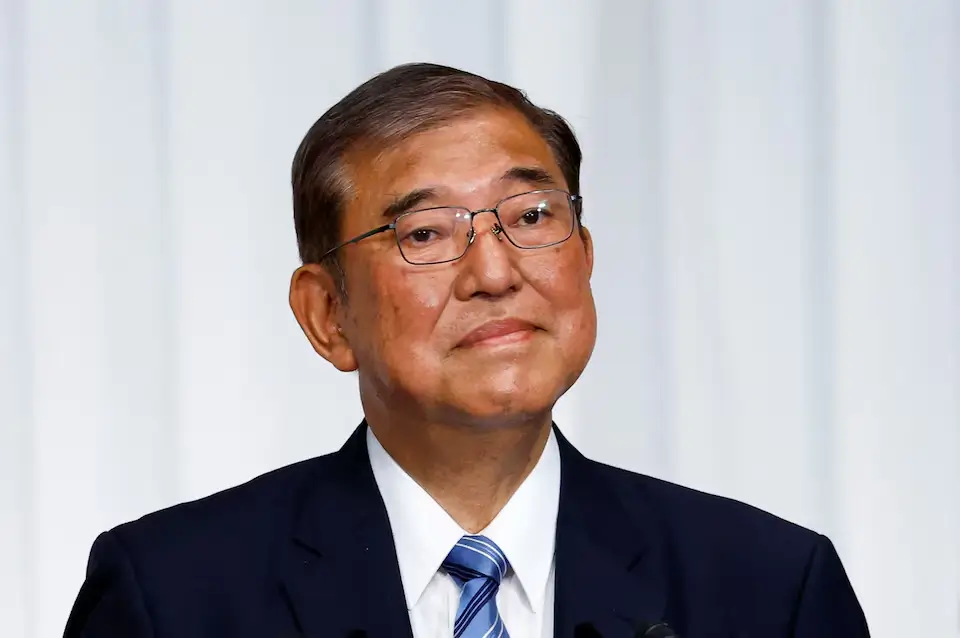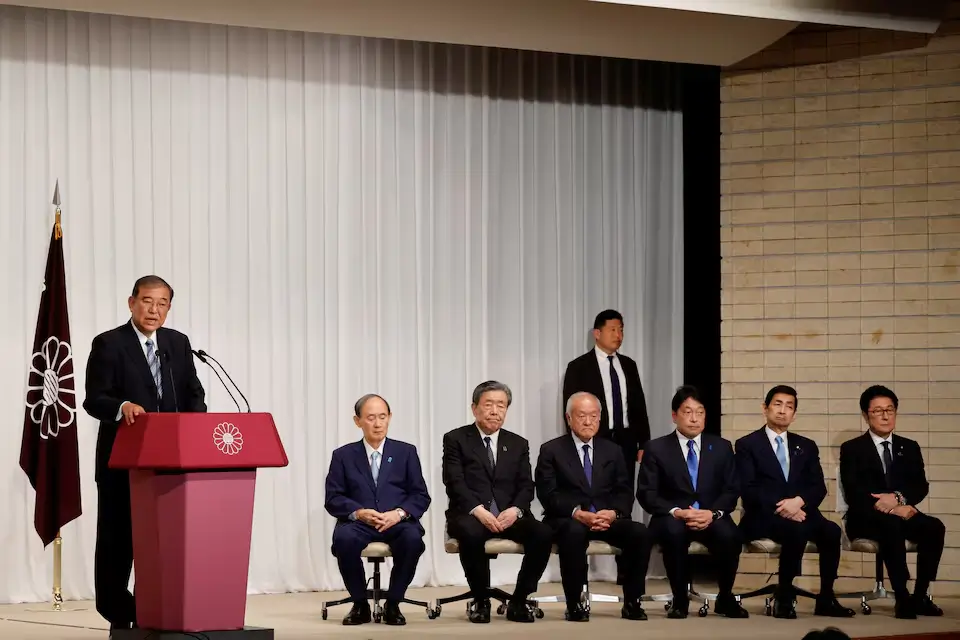Japan’s political landscape underwent a seismic shift this weekend as voters delivered a stunning rebuke to the ruling Liberal Democratic Party (LDP), creating the first hung parliament in recent memory. The election results have sent shockwaves through both domestic and international markets, raising concerns about the stability of the world’s fourth-largest economy.

Election Numbers Reveal Major Power Shift
- Liberal Democratic Party (LDP) and Komeito coalition: 215 seats (down from 279)
- Constitutional Democratic Party (CDPJ): 148 seats (up from 98)
- Japan Innovation Party: 38 seats
- Democratic Party for the People (DPP): 28 seats
The dramatic decline in LDP’s parliamentary presence represents its worst electoral performance since briefly losing power in 2009. This shift signals a potential restructuring of Japan’s political dynamics, which have been dominated by the LDP for most of the post-war period.
Post-Election Economic Impact
Financial markets reacted nervously to the uncertain outcome, with immediate consequences:
- Yen dropped to three-month low
- Stock market volatility increased
- Foreign investors expressing concern
- Economic recovery plans now in question
Electoral Casualties and Leadership Crisis
Prime Minister Shigeru Ishiba’s position has become increasingly precarious following the election results. The political bloodbath claimed several high-profile victims, including two cabinet ministers and the leader of the coalition partner Komeito. This leadership vacuum has created unprecedented challenges in forming a stable government.
The aftermath of the election has left Japan facing a complex web of challenges. With no party holding a clear majority, the country now enters a critical 30-day period during which political leaders must negotiate and form a working government. This uncertainty comes at a particularly sensitive time, as Japan faces mounting regional security concerns and economic headwinds.
Key Factors Behind Electoral Shift
Several interconnected issues contributed to the ruling coalition’s poor performance:
- Widespread public dissatisfaction with economic policies
- Recent funding scandals involving LDP lawmakers
- Rising cost of living concerns
- Growing generational divide in political preferences
Despite the political turmoil, the election marked some positive developments, particularly in terms of gender representation. A record 73 women secured seats in parliament, surpassing the previous high of 54 set in 2009. This progress in gender diversity stands as a bright spot in an otherwise tumultuous election outcome.
Looking Ahead: Critical Decisions
The immediate future holds several crucial challenges:
- Formation of a stable government within 30 days
- Potential leadership change within LDP
- Economic policy direction
- International relations management
The business community, led by Keidanren chief Masakazu Tokura, has called for swift resolution to the political impasse, emphasizing the need for stable governance to address Japan’s pressing economic challenges. As the nation grapples with this unprecedented political situation, the coming weeks will be crucial in determining Japan’s future direction and stability.
In conclusion, this watershed election has not only reshaped Japan’s political landscape but also raised fundamental questions about the country’s governance model and future policy direction. The resolution of this political crisis will likely have far-reaching implications for both domestic and international stakeholders.

